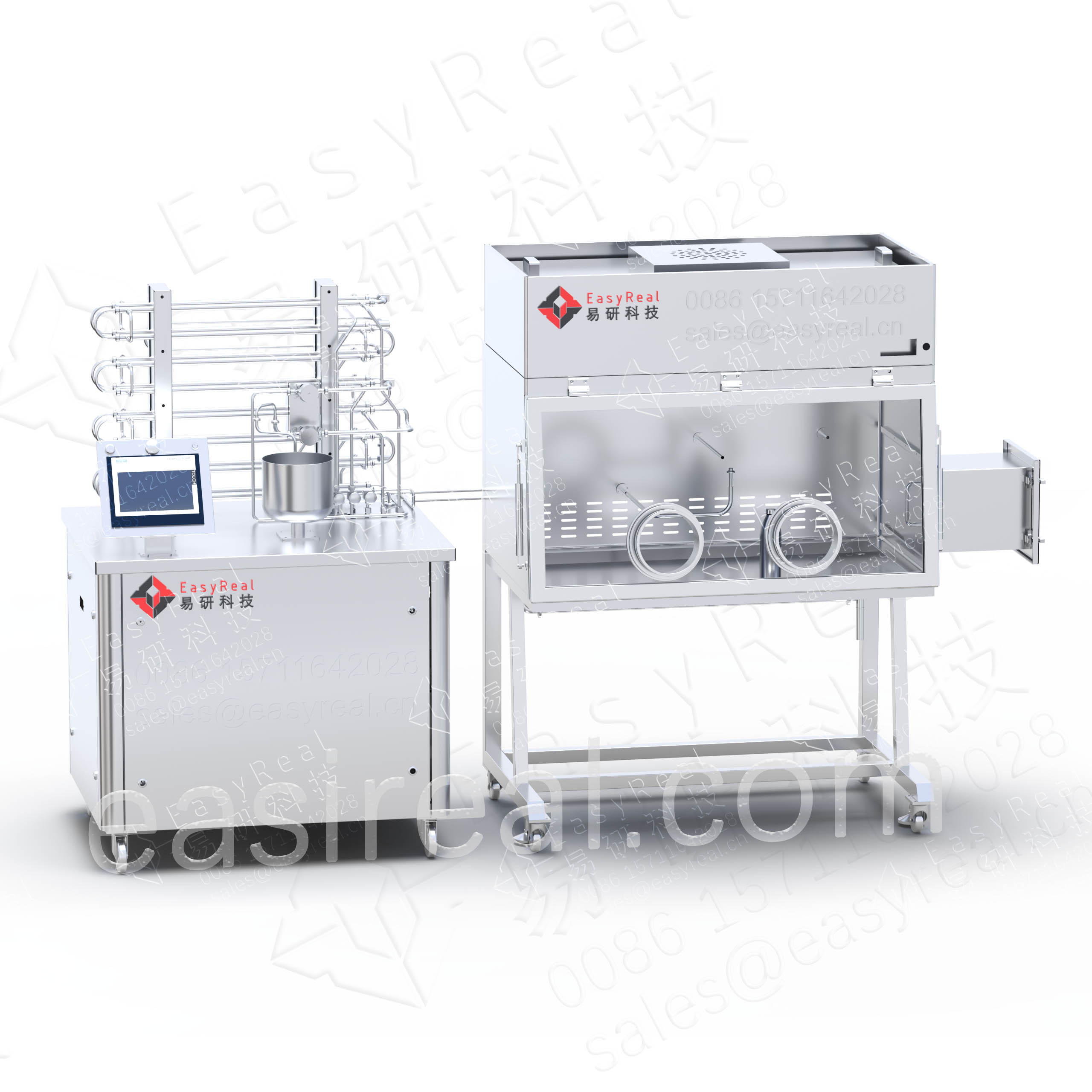In the modern fruit and vegetable processing industry, improving production efficiency, ensuring product quality, and extending shelf life are ongoing challenges. Ultra-High Temperature (UHT) technology, as an advanced food processing method, has been widely applied in fruit and vegetable processing. To achieve the maximum optimization of industrial production, laboratory-level UHT equipment, by simulating large-scale production processes, has become a key tool in enhancing production efficiency and ensuring product quality.
UHT Technology: The Core Driving Force for Revolutionizing Fruit and Vegetable Processing
UHT technology effectively kills microorganisms while preserving the nutritional components and natural flavors of fruits and vegetables. Compared to traditional low-temperature pasteurization methods, UHT can complete the sterilization process in a much shorter time, thus improving production efficiency and extending shelf life, making products more competitive in the market.
However, the industrial application of UHT technology faces several challenges: How can production efficiency be maximized while ensuring food safety? How can temperature and treatment times be adjusted to avoid damaging the nutritional content of the food? These questions need to be addressed through experiments and simulations before actual production.
Laboratory UHT Equipment: Simulating Industrial Production for Optimization
Laboratory UHT equipment provides an ideal solution to these challenges. By precisely simulating the industrial production process, laboratory-level UHT equipment helps manufacturers optimize process parameters, improve precision, and avoid unnecessary resource waste before scaling up to full production.
1. Optimizing Temperature and Time Settings
Laboratory UHT equipment allows for precise control over temperature and sterilization time, enabling the simulation of different production conditions. This simulation helps researchers find the optimal UHT treatment parameters, ensuring that fruits and vegetables are effectively sterilized while retaining as much of their nutritional content and flavor as possible.
2. Improving Product Consistency
In industrial production, product consistency is crucial. Laboratory-level UHT equipment simulates every step of large-scale production, helping factories test and adjust production processes to ensure that the final product consistently meets quality and flavor standards. By making adjustments and calibrations in the lab, manufacturers can prevent quality fluctuations that may occur during actual production.
3. Addressing Quality Control Issues
Laboratory UHT simulations provide manufacturers with a platform to identify potential quality control issues early. For example, certain fruit and vegetable components may undergo changes during ultra-high temperature treatment, affecting the product’s color, flavor, or nutritional content. By testing in the laboratory, companies can identify and resolve these issues before large-scale production, preventing waste of resources or production of substandard products.
Industrial Production Applications and Future Prospects
The application of laboratory UHT equipment extends beyond optimizing individual production steps; it also drives broader innovation in the fruit and vegetable processing industry. Manufacturers can use laboratory simulations to evaluate the performance of new raw materials, ingredients, or additives in the UHT process, helping companies adapt quickly to changing market demands and maintain product competitiveness.
Furthermore, with rising consumer demand for healthier food options and stricter food safety regulations, UHT technology’s ability to provide efficient sterilization and extend shelf life will become increasingly important. By conducting precise testing and adjustments at the laboratory stage, companies can shorten their product development cycles, respond faster to market trends, and ensure high-quality products.
End
The use of laboratory UHT equipment in the fruit and vegetable processing industry is driving continuous innovation in production processes. By simulating large-scale production with precision, companies can optimize production efficiency, reduce costs, and speed up market response times while ensuring product quality. As UHT technology continues to evolve, the future of the fruit and vegetable processing industry looks more efficient, intelligent, and well-positioned to meet the growing demand for high-quality, healthy food products
Post time: Dec-25-2024


